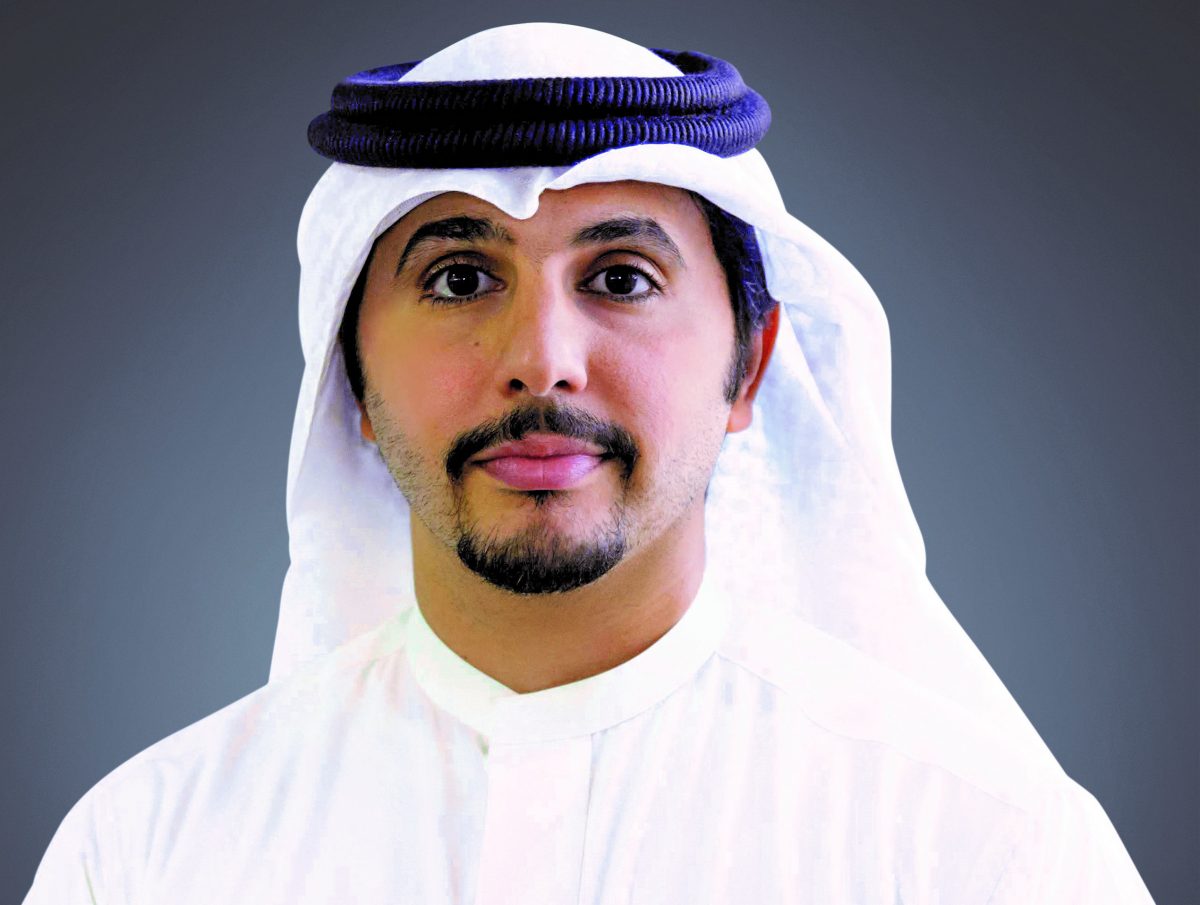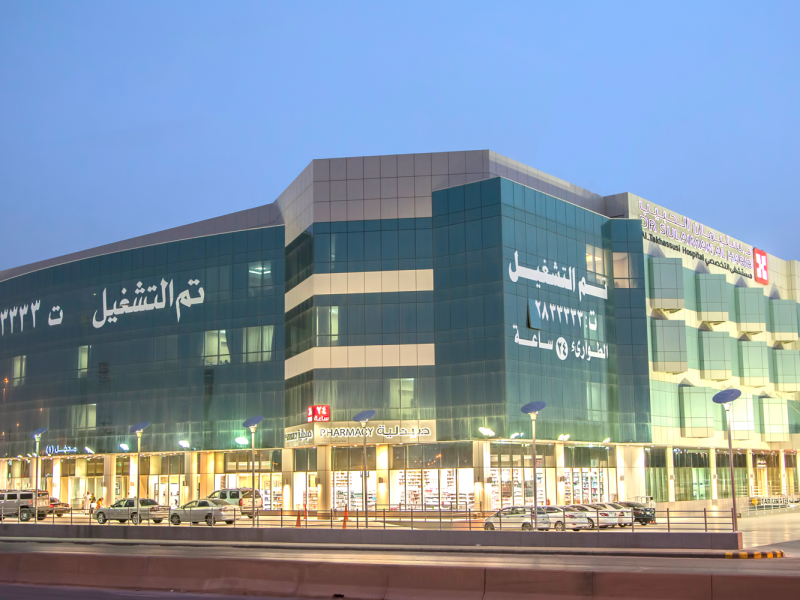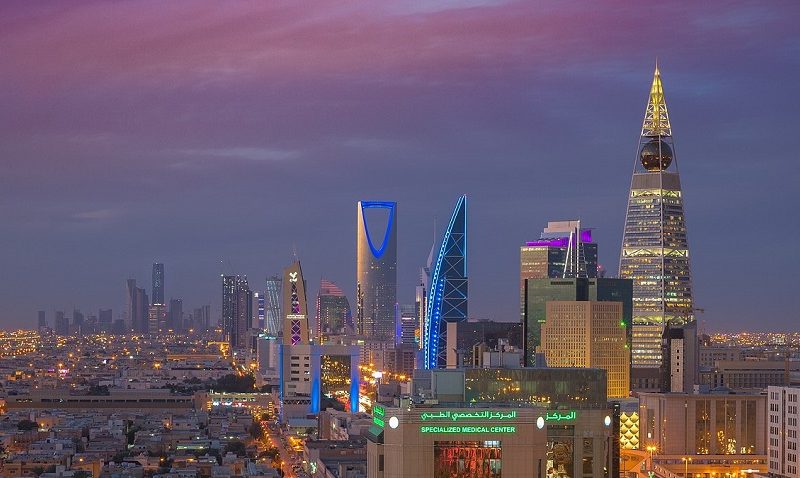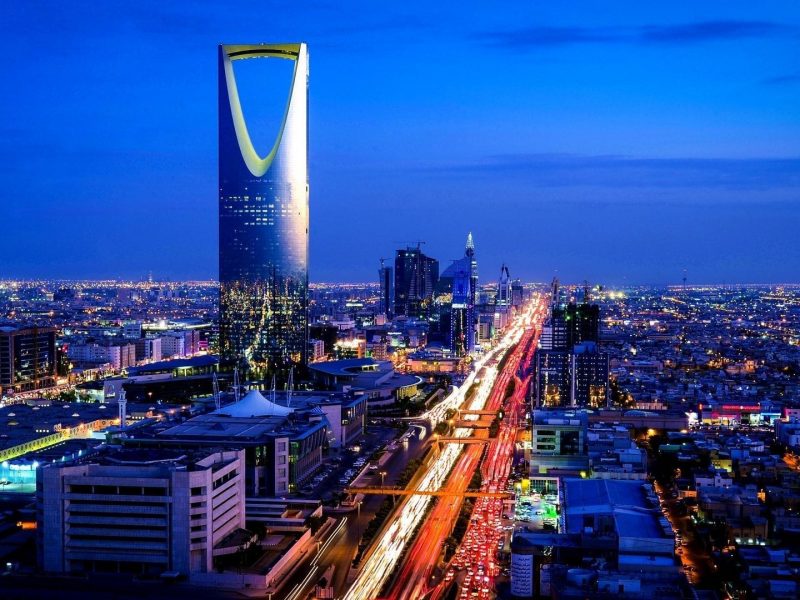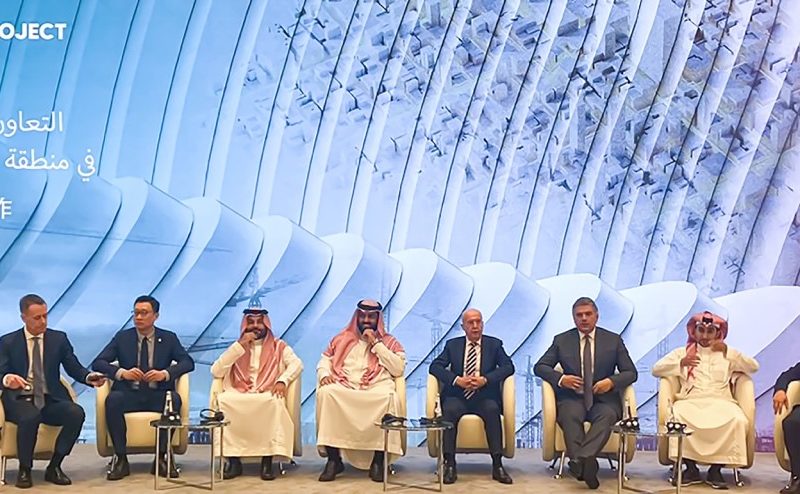Saudi-based IHCC provides a wide range of in-house specialised services, including design, engineering, construction, MEP, finishing and fit-out, energy efficiency, building sustainability solutions, facilities management, and investments.
IHCC, in addition to constructing large-scale medical cities and mixed-use developments across the MENA region, has also diversified its operations to include public-private partnership (PPPs) projects across various sectors.
Construction Week Middle East sat down with Sultan Sobhi Batterjee, the chairman and CEO of IHCC, to learn more about its steady growth and expansion of services by creating business units that deliver integrated solutions.
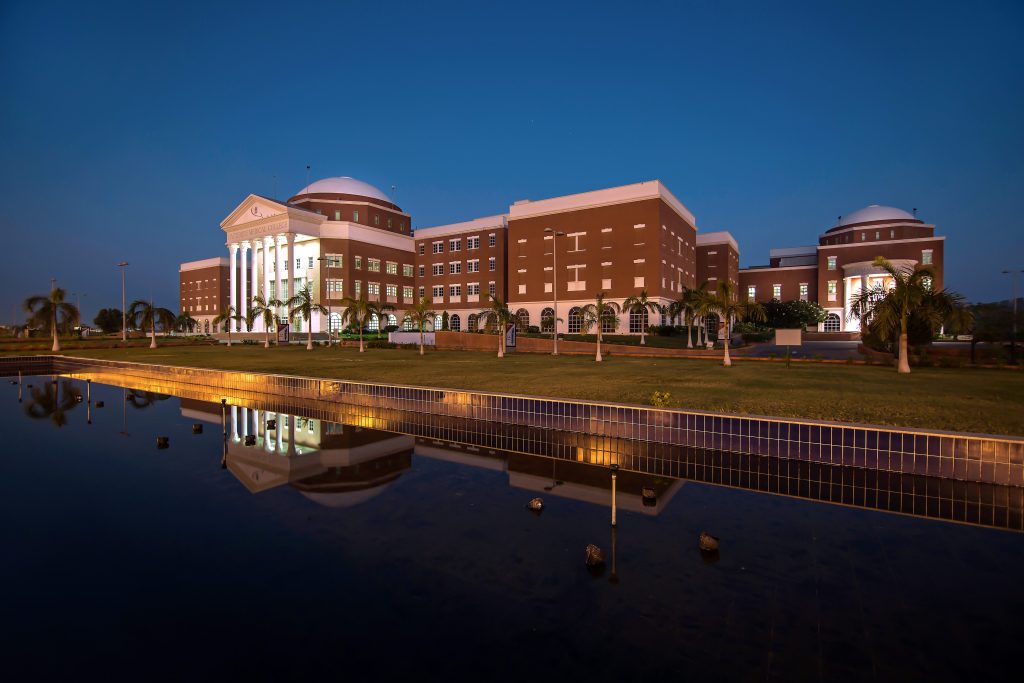
Commenting on the adoption of PPP models, Batterjee says: “The long-term benefits of adopting PPP concept in the kingdom will positively impact the development strategy that Saudi Arabia’s leadership is implementing. PPP methods also have a significantly higher likelihood of meeting the project’s cost, objectives, and timeframe compared to conventional construction contracts.”
He reiterates that in the long run, PPP models also help the contracting industry move towards digitisation and integration of services, which can lift up local construction companies and help them grow and become international players. In addition, he notes that the advancement could also reach the public sector through the transference of knowledge and modern technologies implemented while executing and operating those assets.
IHCC on creating opportunities for Saudi Arabia
According to Batterjee, the growth of Saudi Arabia’s construction market in the next 12 months will be exciting and promising for all construction stakeholders. He says that IHCC will play a significant role in the delivery of gigaprojects that the kingdom has announced, and that IHCC’s capabilities come from the vast track record of successfully delivered contracts across different sectors.
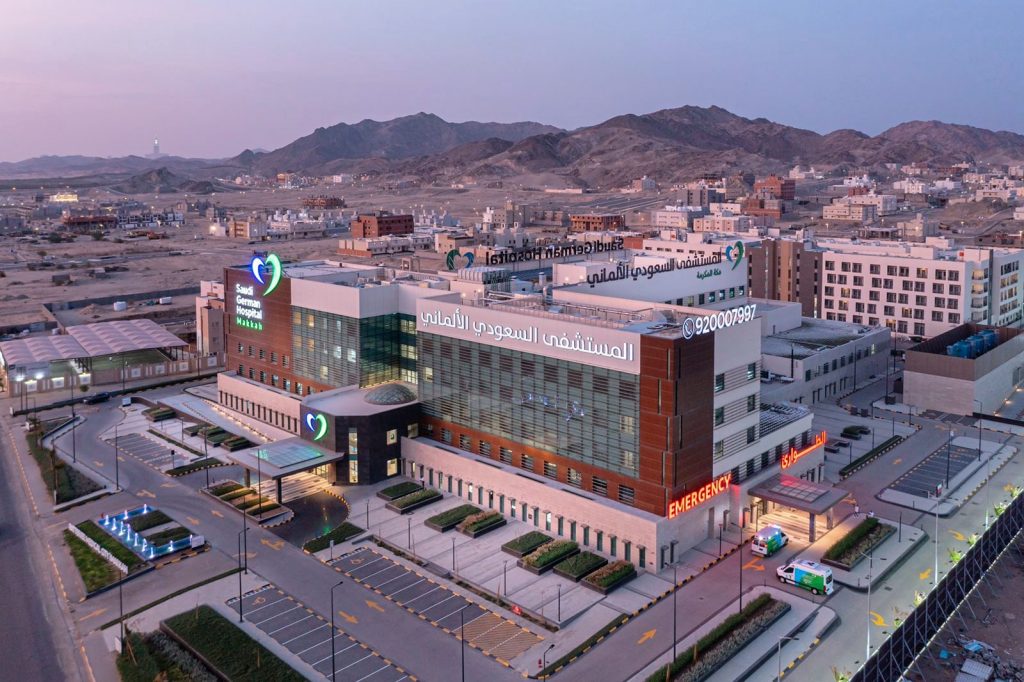
He elaborates on the projects: “We have delivered contracts which include large-scale hospitals, medical cities, educational facilities, mixed-use developments, residential, commercial, and industrial facilities. Our operations within the kingdom cover all parts of the country, including the Central, Western, Eastern, Northern, and Southern regions.
“IHCC’s expansion plans support the country’s Vision 2030, reconfirming that we will be part of the development of the announced gigaprojects. Our existing growth, capabilities, experience, and track record, in combination with our future plans, have granted us a leading role in the next 12 months.”
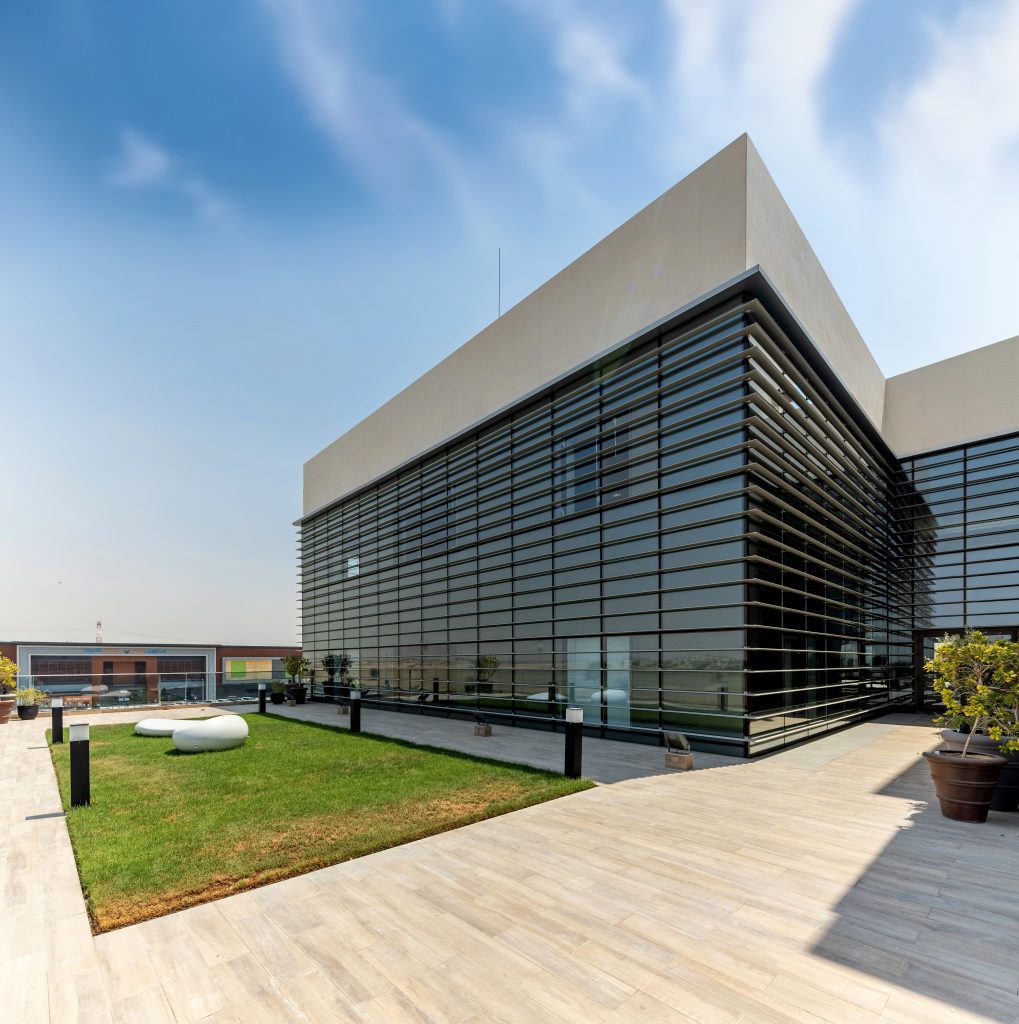
Batterjee points out that digitisation and industrialisation are key aspects of the developments that are advancing the kingdom’s infrastructure.
“As those projects are driven by technology, innovation and sustainability, they will stimulate broader economic growth and develop the kingdom’s digital infrastructure overall,” he says, adding that the long-term plan associated with gigaprojects will attract significant local and international investments to the country.
Furthermore, Batterjee says that it will open up the kingdom’s economy and reduce the bureaucracy required to attract foreign direct investment, which they have started seeing through the encouragement efforts of the Ministry of Investments.
He elaborates on how gigaprojects are bringing more opportunities to the kingdom: “We are glad to see these gigaprojects progressing with leading international consultants, project management firms, and other stakeholders involved.
For more on Saudi Arabia’s gigaprojects, follow the link below:
“For instance, construction works have already commenced in almost all gigaprojects, including the NEOM, the Red Sea Development, AMAALA, Qiddiya, Diriyah Gate, and many others. Therefore, the return [of investment] to the kingdom’s national economy is expected to grow massively upon the completion of those developments,” concludes Batterjee.
This story first appeared in Construction Week Middle East’s October issue, which can be found here. For the full story, click here.

